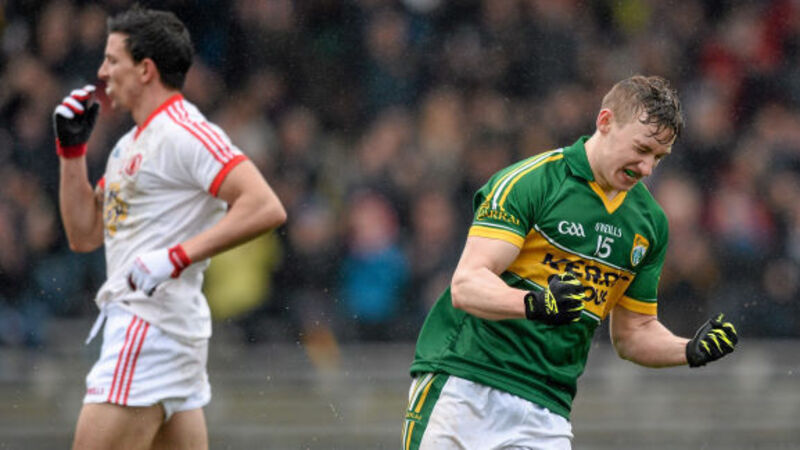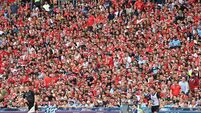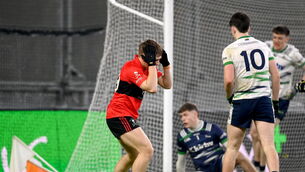Kerry have learned to adapt

Almost seven months on from their shape-shifting success over Donegal, there’s a body of supporters who refuse to believe they’ve abandoned their tried and trusted ways. Luxuriating in that against-most-odds glory, they have conveniently neglected how it was achieved.
If Sean Walsh was Kerry chairman now and claimed, like he did in 2004, that last year Kerry’s triumph marked “a return to a free-flowing game as opposed to suffocating, blanket defensive football”, he would be laughed at. But he wouldn’t dare.













